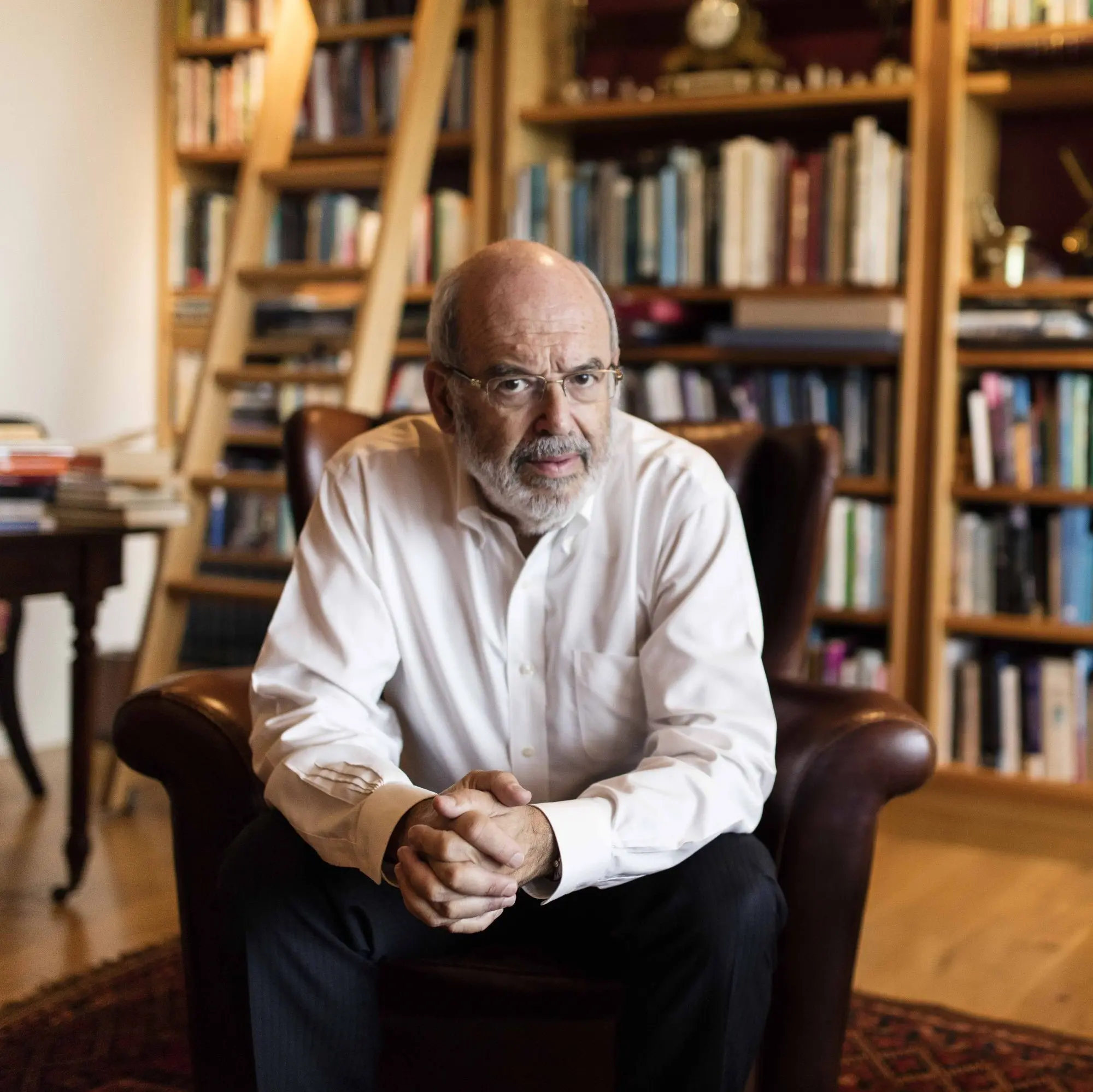Professor Sir Peter Gluckman ONZ, KNZM, FRSNZ, FRS
Prime Minister’s Chief Science Advisor.
One of New Zealand’s preeminent scientists, the 2016 Blake Medallist, Sir Peter Gluckman, has built a stellar career of research excellence and leadership in his commitment to creating “a better New Zealand”. While Sir Peter’s leadership roles and standing in the world of health research is unparalleled in New Zealand’s history, it is his leadership of science that has widened and deepened his influence on New Zealand society and its future.
Not only has Sir Peter’s world-class research over 40 years established his reputation as a leader in global health, he is also recognised as the driving force bringing sound scientific advice to policymakers in New Zealand and governments around the world.
He has been New Zealander of the Year, won the illustrious Rutherford Medal, is a Member of the Order of New Zealand and belongs to some of the most elite science organisations in the world.
Since he was a young doctor, research has been Sir Peter’s passion. He has been cited more than 30,000 times in scientific literature and has published more than 600 papers and reports. He has founded international scientific societies and consulted at the highest levels for global organisations like the World Health Organisation.
Now, as Chief Science Advisor to the Prime Minister, Sir Peter sees his role as “an integrator of science” – believing science lies at the core of New Zealand’s future whether it be our economy, our environment or our society.
As a leader, he is regarded by his peers as fiercely knowledgeable and focused, politically savvy and blessed with incredible drive and energy. Focused on the best outcomes for New Zealanders, he has built expert teams of strong-minded astute people, whom he nurtures and inspires.
Born in Auckland in 1949, Peter Gluckman studied medicine and surgery in Dunedin and Auckland. He practised as a paediatrician for just two years before he was introduced to medical research by Sir Edmund Hillary – working alongside him in the Himalayas for three months researching iodine deficiency in Sherpas.
The lure of research then pulled him to the University of California in San Francisco. Intrigued by endocrinology, he studied how foetal hormonal systems develop in the earliest stages of pregnancy.
On his return to New Zealand in 1980, he set up a research group and spent the next 17 years working with teams focused on developmental hormones and neuroscience. It was during this time he became internationally renowned for his work – in particular, the invention of the cooling cap, worn by babies with suspected brain damage immediately after birth. The cap is used today in maternity wards across the world.
After a decade as Dean of the Faculty of Medicine and Health Sciences at the University of Auckland, Sir Peter established the Liggins Institute, to address the issue of how a poor start to life impacts on health and disease risk throughout a lifetime.That same year, 2001, he received the country’s top science prize, the Rutherford Medal.
At Liggins, he headed research that revealed how a woman’s nutrition before and during the early stages of pregnancy has a lasting effect on her baby. As a result of this research, he was later appointed co-chair of the World Health Organisation’s Commission on Ending Childhood Obesity, which delivered its final recommendations to global policymakers this year.
In 2004, he launched another institute, the National Centre for Growth and Development, focusing on how conditions encountered early in life affect the way a child grows and develops. He also founded LENScience, programmes inspiring school children to have first-hand experiences with scientists.
He stepped down as director of both institutes in 2009, when he became the first Chief Science Advisor to the Prime Minister, a prominent position he still holds today. His ground-breaking work includes promoting cultural change in attitudes towards science and increasing the public understanding of science.
The reach of his expertise extends far beyond New Zealand’s borders.
He has led the Epigen Consortium – involving six centres in three countries trying to progress developmental epigenetics to improve human health. From that work, he was invited to help advance the Centre for Growth, Development and Metabolism in Singapore.
He is the founding chair of INGSA – the International Network of Government Science Advice – leading the way to bringingmore scientific evidence and expertise to government policy, especially in developing nations. In 2014, he brought some of the world’s smartest science thinkers to Auckland and chaired the first global conference on science advice to governments.
Earlier this year he received the American Association for the Advancement of Science Award for Science Diplomacy, for bringing science advisors together in a global network. He is the first non-American recipient.
That was one of many accolades Sir Peter has received during his career. He is a Fellow of both The Royal Society of New Zealand, and The Royal Society (London) – an honour bestowed on fewer than 40 New Zealand-born scientists since 1660. He is the only New Zealander elected to the Institute of Medicine of the National Academies of Science (USA) and the Academy of Medical Sciences of Great Britain.
He was recognised as the 2004 New Zealander of the Year by the New Zealand Herald, and as a World Class New Zealander by KEA and NZTE in 2006, and the inaugural recipient of the Callaghan Medal for an outstanding contribution to science communication. After being conferred with a knighthood in 2009, he was appointed a Member of the Order of New Zealand in 2015 – an honour restricted to 20 living New Zealanders.
Over four decades, Sir Peter Gluckman has proven that he has become a leader with the capacity to advance New Zealand, ensuring that New Zealand remains not only relevant to the world, but world-class. The Sir Peter Blake Trust is privileged to honour an outstanding scientist, researcher and leader dedicated to the greater good.


